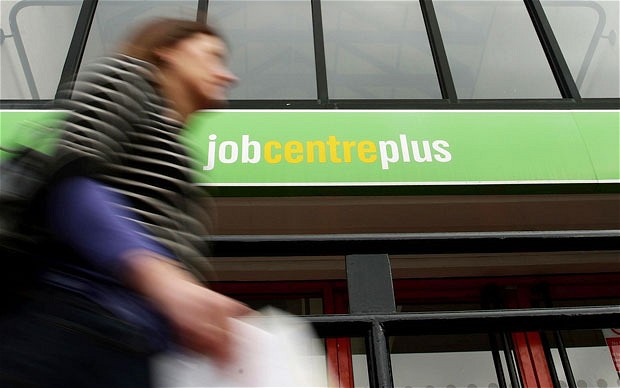 Becoming unemployed can be a distressing time. With worries over family commitments, household income, debt management and physical and mental well-being, the last thing any new Jobseeker needs is the added pressure of trying to figure out what you are and are not entitled to.
Becoming unemployed can be a distressing time. With worries over family commitments, household income, debt management and physical and mental well-being, the last thing any new Jobseeker needs is the added pressure of trying to figure out what you are and are not entitled to.
This blog entry covers all payments and benefits you are entitled to as a new Jobseeker, and aims to simplify some of the jargon, to help you get back on your feet.
What am I entitled to?
When you are unemployed you may be entitled to receive certain payments and supports. There are four main types:
1. Social Insurance Payments
This type of payment includes Jobseeker’s Benefit, Illness Benefit and State Pension
2. Social Assistance Payments
This type of payment includes Jobseeker’s Allowance, Disability Allowance and
Family Income Support
3. Health Board/HSE Payments
This type of payment includes Medical Card and Supplementary Welfare Allowance
4. Universal Supports
This type of payment includes Child Benefit and Free Travel (for those aged 66 or over)
For advice on what you may be entitled to you should speak to your local Citizens Information Office.
Qualifying Criteria
The most common jobseekers payments are Jobseeker’s Benefit and
Jobseeker’s Allowance. To qualify for either payment you must meet the following criteria:
v Be unemployed and available for full time work;
v Be aged between 18 and 66;
v Be genuinely seeking employment;
v Be capable of full time employment.
What is the difference between the two?
To get Jobseeker’s Benefit you must have enough social insurance (PRSI) contributions. Jobseeker's Benefit rates are calculated according to earnings. You may get Jobseeker's Allowance if you do not qualify for Jobseeker's Benefit or if you have used up your entitlement to Jobseeker's Benefit. Jobseeker's Allowance is means-tested and your means must be below a certain level to qualify.
Getting Jobseeker’s Payments While Working
To get Jobseeker’s Benefit or Jobseeker’s Allowance you must be unemployed. However, there are circumstances in which you can work and receive Jobseeker’s Benefit and a reduced rate of Jobseeker’s Allowance. You may be entitled to Jobseeker’s Benefit or Jobseeker’s Allowance if:
v Your days at work are reduced (systematic short-time working);
v You are job-sharing week on and week off (but not if you have chosen to do so);
v You get casual work or part-time work;
v You have subsidiary employment.
I was self employed, what am I entitled to?
If you are self employed and your business closes down you can become unemployed. It may also be the case however that you continue to be self-employed but the amount of work you are getting has reduced so much that it no longer provides you with a sufficient income. Self employed people do not normally have the required social insurance contributions to qualify for Jobseekers Benefit, unless they have worked as a PAYE employee in the last four years. You may qualify for Jobseekers Allowance, however this will be means tested based on income and individuals circumstances.
For more information or advice on which payment you should apply for, and for help with completing the necessary forms, please contact your local Citizen’s Information Centre or local Social Welfare Office.